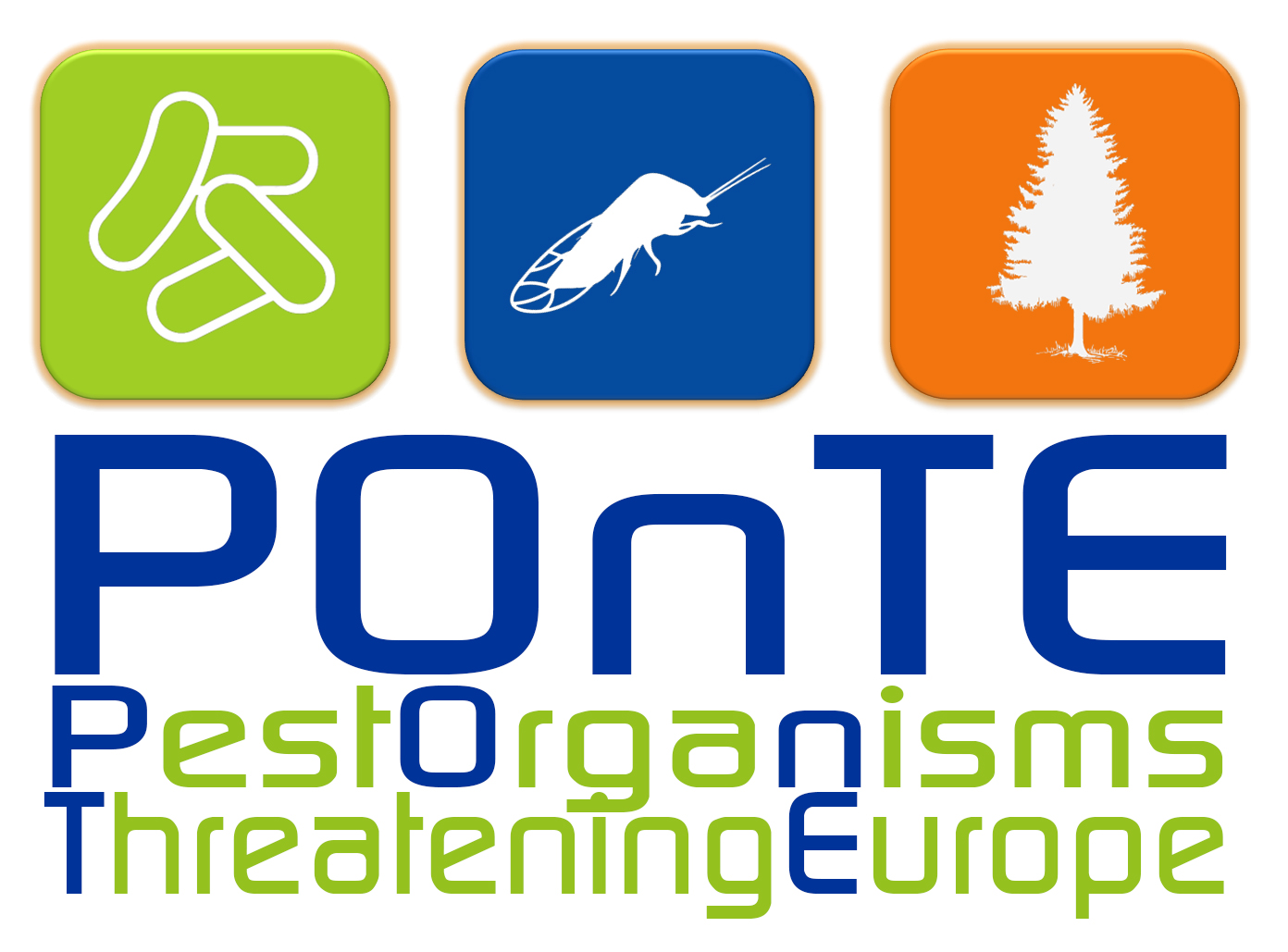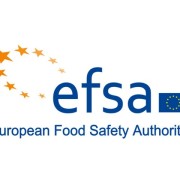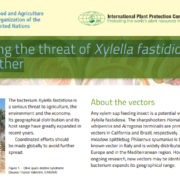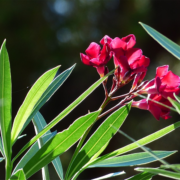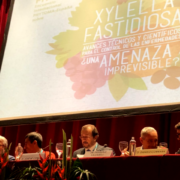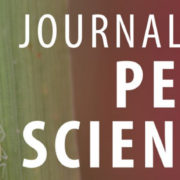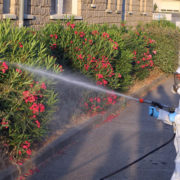Several subspecies and sequence types are associated with the emergence of Xylella in France
Plant Pathology, 2017. doi:10.1111/ppa.12695
N. Denancé1,2, B. Legendre2, M. Briand2, V. Olivier2, C. de Boisseson3, F. Poliakoff2, M.-A. Jacques1
1IRHS, INRA, AGROCAMPUS-Ouest, Université d’Angers, SFR4207 QUASAV, Beaucouzé, France. 2 Anses Laboratoire de la santé des végétaux, Angers Cedex 01, France. 3ANSES Ploufragan, Viral Genetics and Biosecurity, Ploufragan, France.
Abstract
Xylella fastidiosa is a plant pathogenic bacterium emerging in Europe. In France its emergence has been demonstrated through interceptions of contaminated coffee plants and, in 2015, by a survey of natural settings. The first French focus of contamination was detected in 2015 in Corsica; since then, almost 300 foci have been found and nearly 30 plant species have been declared contaminated, with Polygala myrtifolia remaining the principal host, suffering from severe leaf scorch. This study reports on the diversity of X. fastidiosa identified in France in 2015. Multilocus sequence analysis/typing revealed the presence of mainly X. fastidiosa subsp. multiplex sequence types (STs) ST6 and ST7. A focus of X. fastidiosa subsp. pauca ST53 was identified in mainland France; one sample contaminated by X. fastidiosa subsp. sandyi ST76, one novel recombinant, and coinfections of different isolates in individual samples were also identified, but could not be confirmed by successive samplings, indicating limited or transient contamination. Koch’s postulates were fulfilled for two isolates of X. fastidiosa subsp. multiplex on P. myrtifolia, one being ST6 and the other ST7. Comparative genomics of the genome sequences of three French isolates (one ST6 and two ST7) with available sequences revealed that, unlike the American Dixon strain, the French ST6 and ST7 strains are devoid of a plasmid encoding a complete type IV secretion system. Other differences regarding phage sequences were highlighted. Altogether, the results suggest that the emergence of X. fastidiosa in France is linked to several introduction events of diverse strains from different subspecies.
The work carried out at INRA has received funding from the European Union’s Horizon 2020 research and innovation program under grant agreement 635646, POnTE (Pest Organisms Threatening Europe).
Published on March 21, 2017 by PLANT PATHOLOGY
